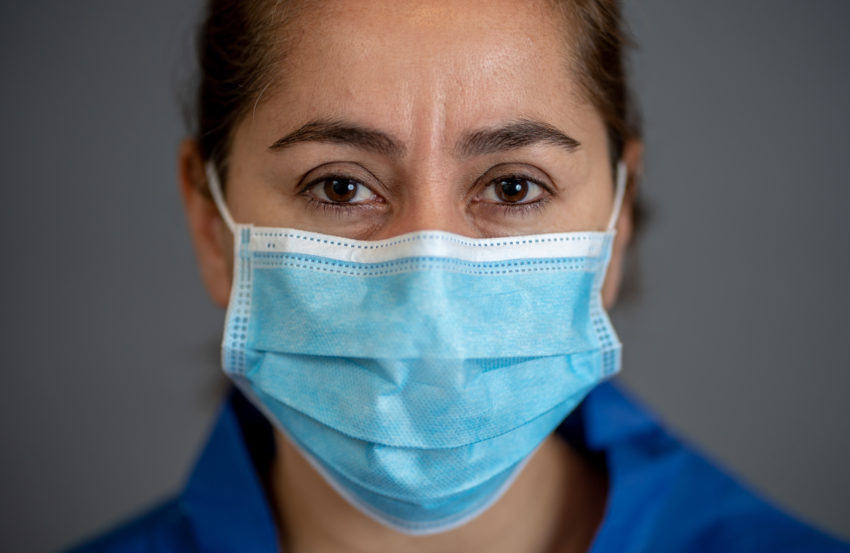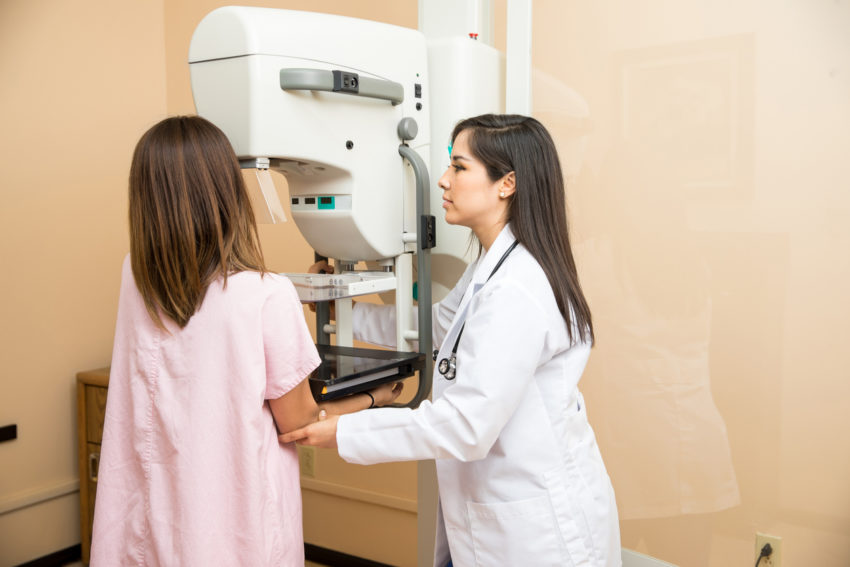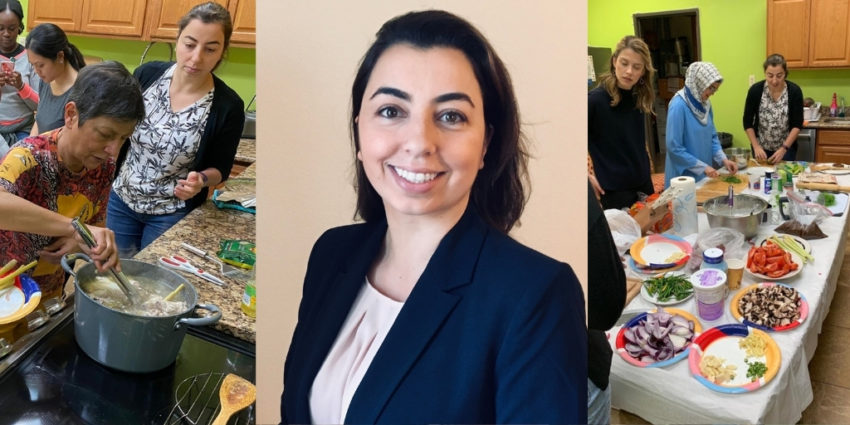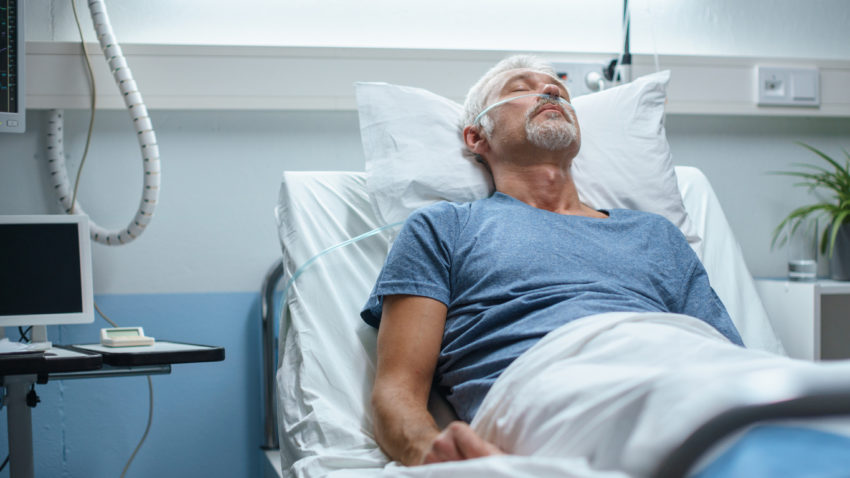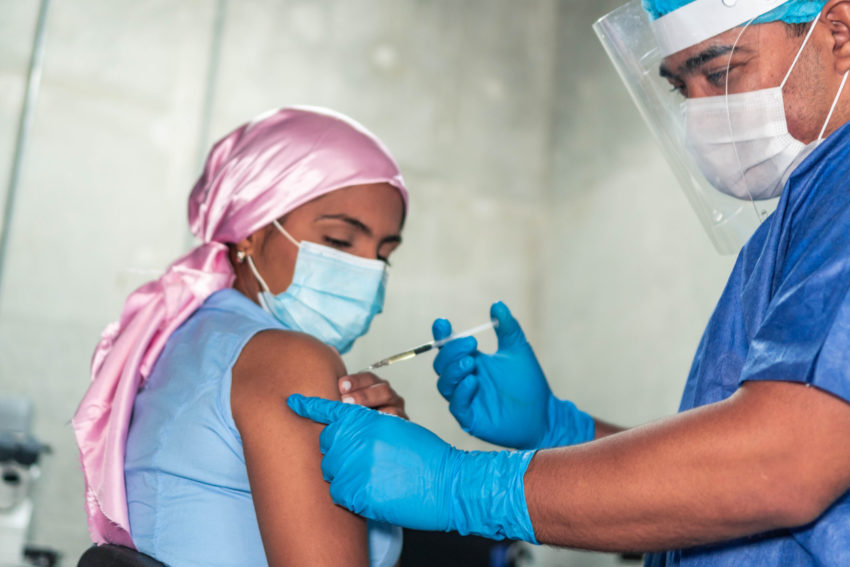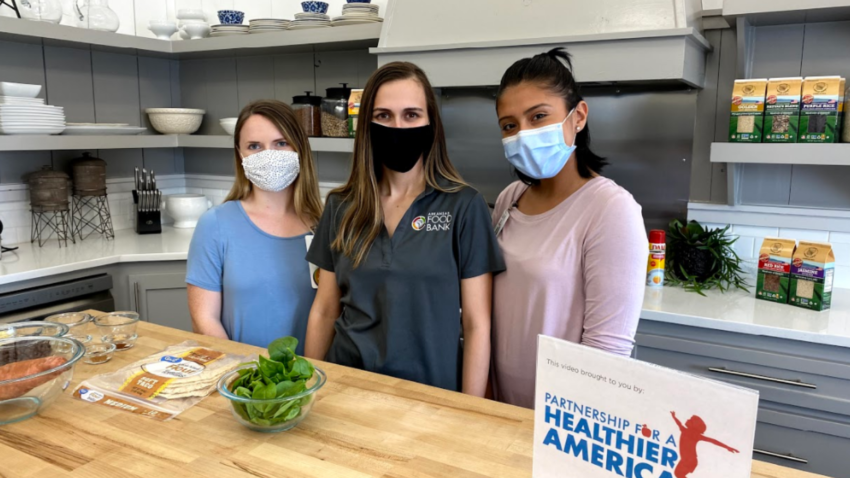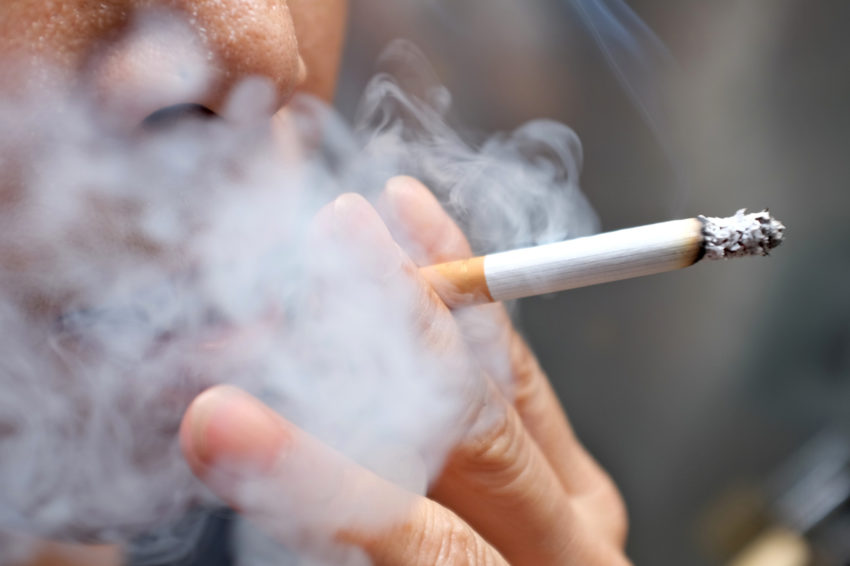Study: Latinos Suffer from Prostate Cancer Misperceptions
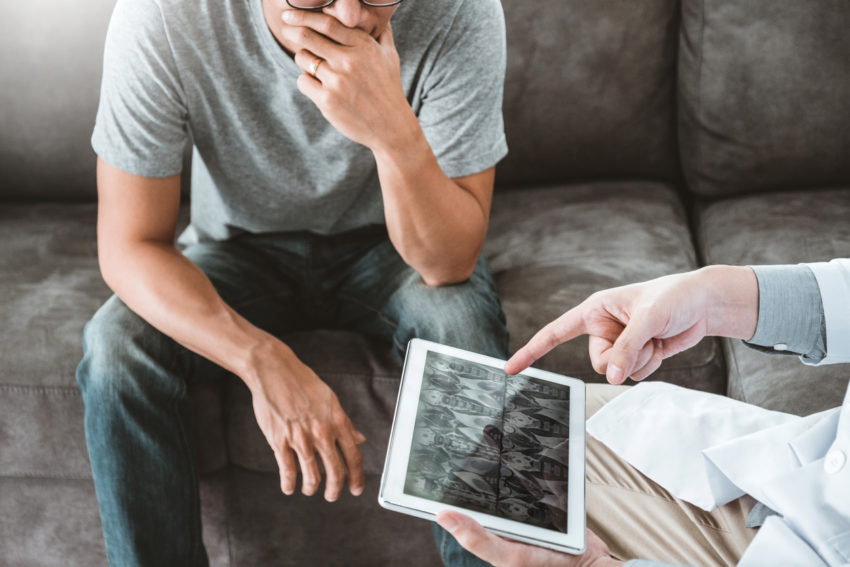
Prostate cancer has a big impact on the Latino community. One reason is that Latinos face a lack of easy-to-understand, culturally competent information — which leads to poor outcomes for those experiencing prostate cancer, according to a recent study published in BMC Public Health. “Black and Latino focus groups revealed the existence of cultural beliefs, misunderstandings and fears pertaining to [prostate cancer] which could influence health-related behaviors,” according to the researchers from the University of Pennsylvania and MD Anderson Cancer Center. “Some themes were common across groups; others suggested racial and gender predilections. Future targeted efforts focused on directly addressing prevalent misperceptions among underserved communities in urban settings ...
Read More
